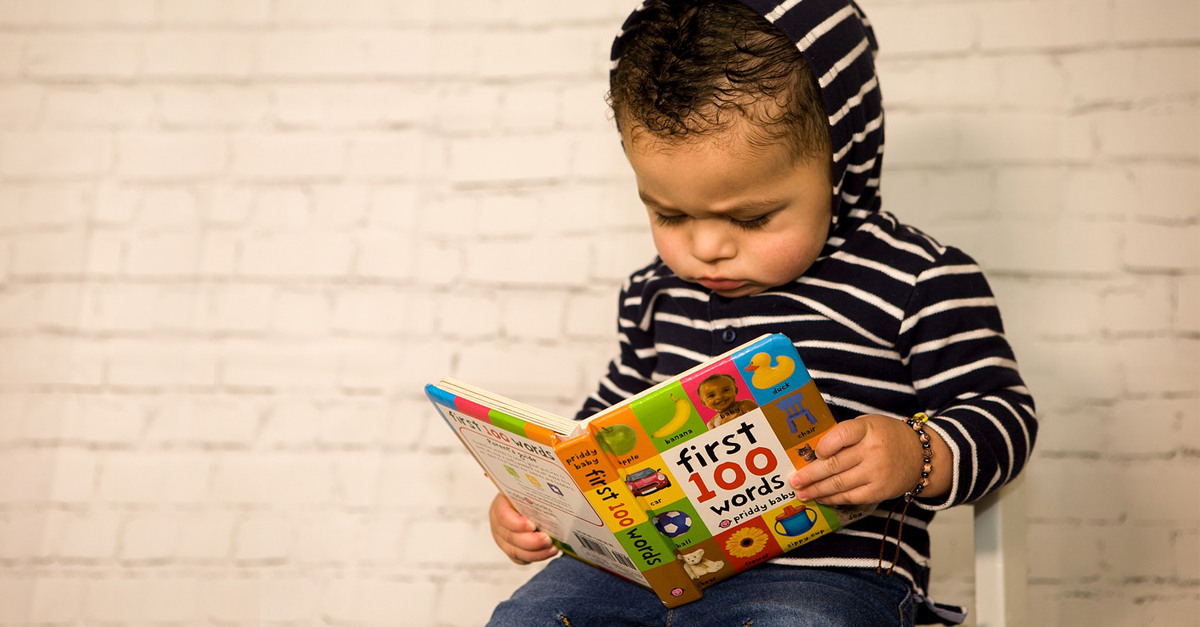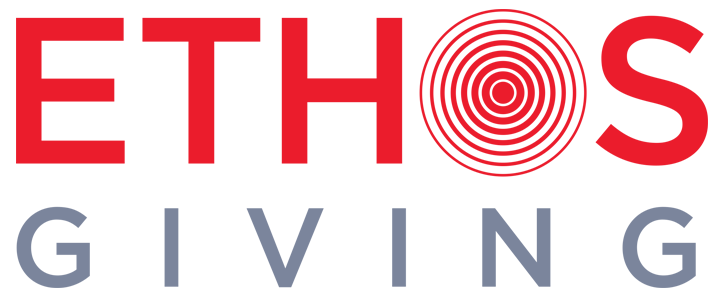
13 Sep Back to School Giving
With back to school season upon us, school preparedness should be at the top of our minds.
The early years of a child’s life are incredibly important for their lifetime brain development. According to First Things First Arizona, a baby’s brain grows to 80% of adult size by age 3. “The amount and quality of care, stimulation and interaction [babies] receive in their early years makes all the difference” in developing these brain connections.
Unfortunately, traditional models of early childhood education are expensive and not guaranteed to be of high-quality. The Center for American Progress finds that families that opt for center-based care can spend about 30% of the median U.S. household income, comparable to the average in-state college tuition, even though only 10% of all childcare programs are considered high-quality.
Home-based parenting practices fill some gaps. Research by Penn State finds that parent-child reading and learning activities are critical for a child’s development during preschool. Fostering a positive learning environment at home is essential for babies to be healthy and successful later in life, yet many do not receive the support they need to maximize these opportunities for early brain development. Therefore, it is crucial that families and caretakers are fully equipped to help children learn in their earliest years.
Thankfully, the philanthropic community can help. Check out our first edition of, “Good Ideas for the Taking” to get started!
Minimal Effort: Increase Awareness
- Before taking action in the community, start from the inside. Ensure that your company or foundation offers benefits, support groups, lunch-and-learns and mentorship opportunities for employee-parents.
- Next, find out who is working in early education in your backyard using this handy tool and consider starting your conversation with these questions:
- What populations do you mainly serve? (demographics and geography)
- What programs and services do you currently provide? Which ones are needed most by your customers/clients?
- What is the first item on your wish list?
- How can people get involved?
- If your community is well-resourced but people don’t know about it, use your platform to spread awareness (social media, website, physical space).
- Elevate free resources like Vroom, an easy-to-use app with a library of over 1,000 brain-building activities for babies.
- Get involved with the Think Babies™ national campaign to make babies a national priority. Engage with your employees, customers and community through awareness and social media campaigns.
Some Effort: Build Community
“Adopt” a local early education center and make sure each child has the resources they need to succeed, like books, toys and sensory kits.
Promote literacy by creating a free subscription service that sends educational books to children in their most critical years, or fund an existing program like Imagination Library and PJ Library in your area.
Partner with a local hospital to make sure every newborn goes home with a free toolkit that helps parents start early education at home.
For inspiration, check out First Five California and Arizona’s First Things First.
Promote employee volunteerism in local early education programs by offering paid-volunteer hours as a benefit.
Significant Effort: Create an Ecosystem
- Empower caregivers! Find out who cares for children in your community. Are they grandparents? Older siblings? Sponsor parenting classes that support caregivers with tools and resources (offering daycare and snacks of course!). Reach more people by hosting at informal community gathering spaces like religious centers, restaurants and grocery stores.
- Check out Parents as Teachers and Avance’s parent engagement models.
- Become a private partner to help develop a new early education center in your community.
- Look for evidence-based models like Educare.
- Become a champion of early education and encourage other foundations and businesses to get involved. Host a roundtable with public and private partners and lead efforts to improve access to early childhood education in your community.


